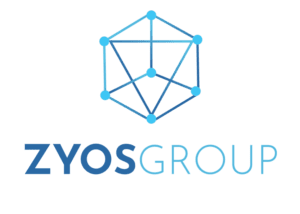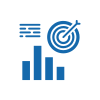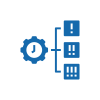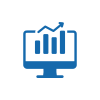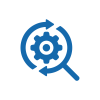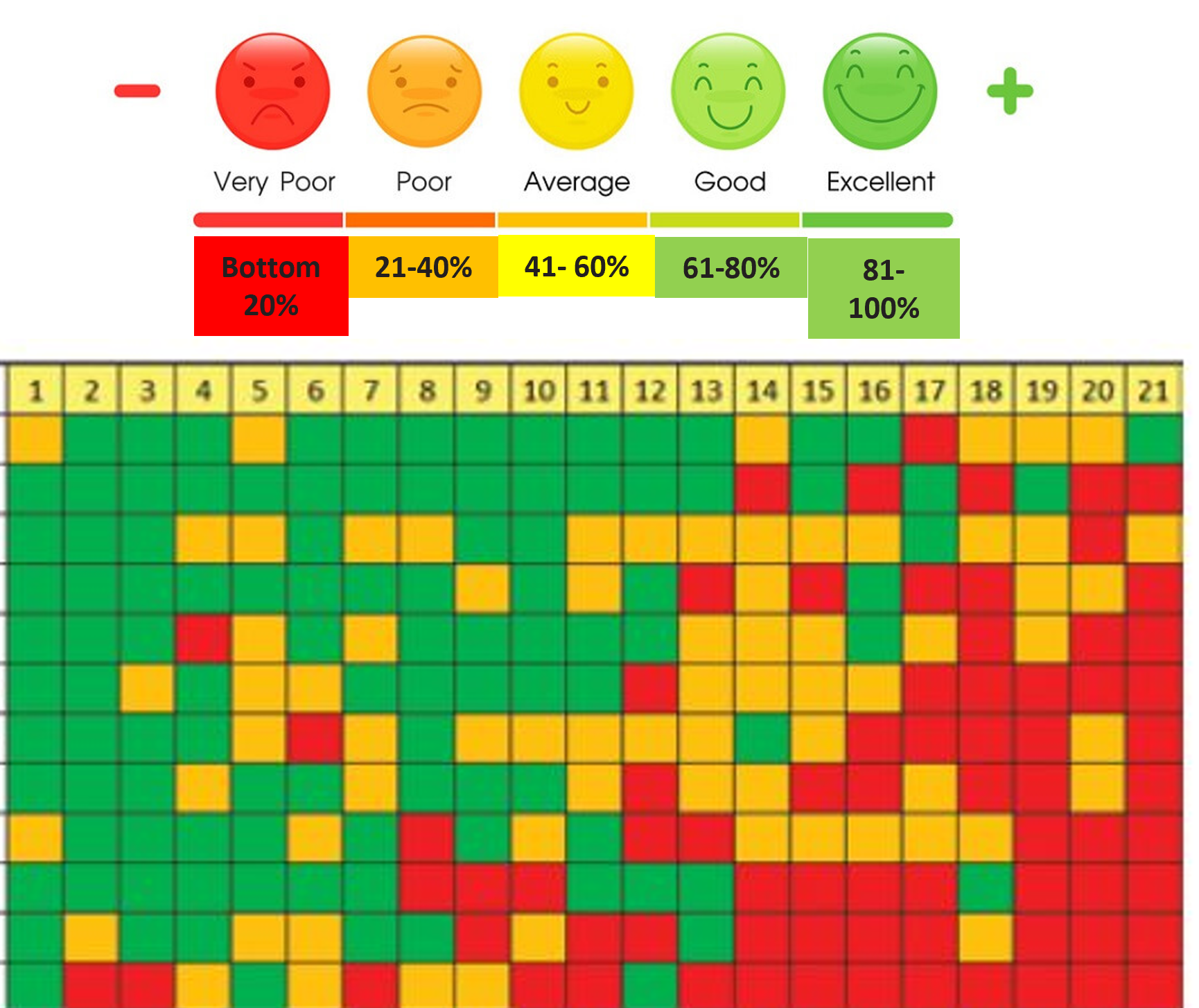
We work with CEOs, CFOs, CIOs, CMOs, and other members of the C-suite to explore customer growth and attrition factors, as well as drivers of purchase behavior. As a result advantageous business and operating model transformation roadmap will be designed to capitalize on disruption, exploit opportunities and maximize the value generated by key company capabilities combined with our services.
Differentiators
Step 1 Assessment
Discovery & Benchmark Opportunities
Assessment
We begin with learning about customer challenges and capturing a set of discovery questions. Benchmarking your current performance against best practices ensures you are getting the right value from your current services, or if you have a service gap.
Opportunity Discovered
Step 2 Strategy
Custom Solution Aligned With Our Services To Deliver MAX Value
We take the information from our scope meeting and partner with our customers to better understand legacy KPI trends, current process, redesign needs, change levels, and new processes that will need to be implemented to capture the full value from service optimization.
Action Plan Outlined
Partnered Strategy
Our unique framework leveraging data and customer inputs, allows Zyos Group to quickly score service gaps against best practices, while addressing customer challenges and exploiting opportunities enabled by our solutions. This process shows the opportunity cost in the form of revenue gain, efficiency improvement or risk mitigation that our services can help you capture.
Step 3 Execution
Service Delivery & Process Re-Design
Implementations are seamless with our expert approach to project management, process improvement, business process re-engineering, and change management. We leverage our unique approach, tools, and methodologies to help clients through each phase of business transformation, from the discovery process of imagining and framing a solution to delivering the optimal design for your organization to providing the structural support to scale and sustain the value of the transformation over time.
Solution Delivery
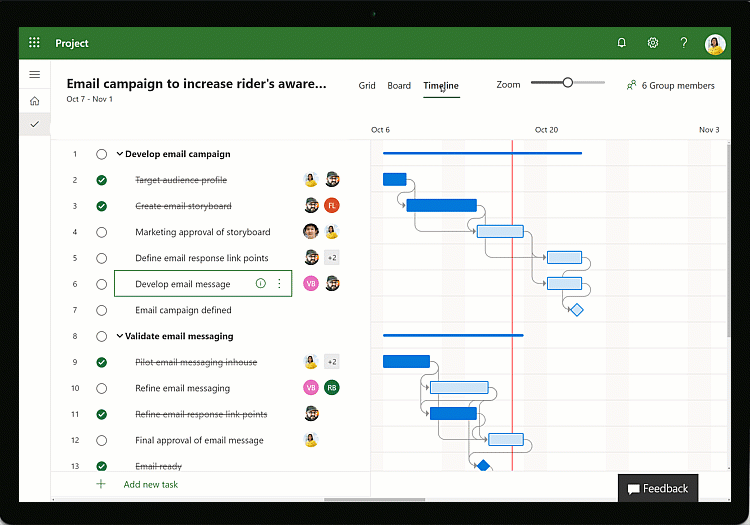
Step 4 Enablement
Performance Monitoring & Process Change Outcomes
We supply robust reporting to monitor performance for each area of business we support.
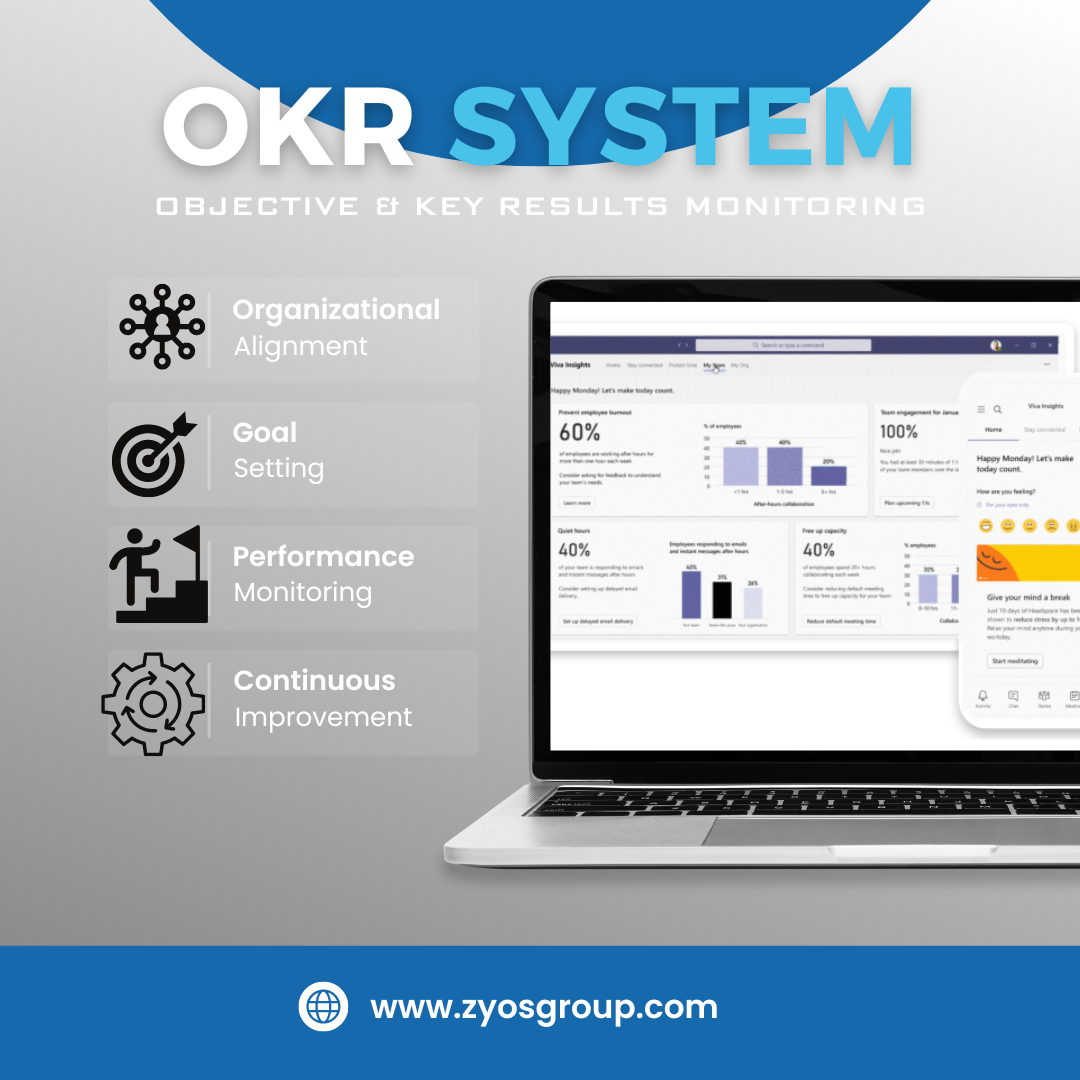
Business Performance As A Service OKR Framework & Workshop
Defined Objectives: The workshop participants collaboratively define clear and ambitious objectives that align with the organization's overall strategy and vision. These objectives should be specific, measurable, achievable, relevant, and time-bound (SMART).
Key Results: Key Results are the measurable outcomes that indicate progress towards achieving the defined objectives. During the workshop, participants will work together to identify the most critical metrics and key performance indicators (KPIs) that will track success and drive accountability.
Alignment: Ensuring alignment across teams and departments is essential for the success of OKRs. The workshop outputs include a clear alignment of objectives and key results with the broader organizational goals, ensuring everyone is working towards a common purpose.
Prioritization: Not all objectives are equally important, and resources are finite. The workshop helps prioritize objectives and key results based on their strategic importance, potential impact, and feasibility within the given timeframe.
Action Plan: Developing an action plan outlining the specific tasks, responsibilities, and timelines required to achieve the defined objectives and key results. This plan may include identifying potential barriers or challenges and outlining strategies to overcome them.
Metrics Dashboard: We provide a metrics dashboard or scorecard that visually represents the progress towards each key result. This dashboard provides real-time visibility into performance and allows for quick course corrections if necessary.
Communication Plan: Effective communication is crucial for the successful implementation of OKRs. The workshop outputs include a communication plan that outlines how progress, achievements, and challenges will be communicated to stakeholders at various levels of the organization.
Accountability Framework: Establishing an accountability framework where team members take ownership of specific key results and are accountable for their progress. This framework may include regular check-ins, progress updates, and performance reviews.
Feedback Mechanism: Implementing a feedback mechanism that allows for continuous learning and improvement. This could involve regular retrospectives or feedback loops to evaluate the effectiveness of the OKR process and make necessary adjustments.
Documentation: Documenting the outputs of the workshop, including the defined objectives, key results, action plans, and communication strategies. This documentation serves as a reference point for future iterations of the OKR process and ensures continuity across teams and
KPI Integration
Identification of Key Performance Indicators (KPIs): In addition to key results, the workshop includes the identification of specific KPIs that will be monitored to gauge progress towards achieving the key results. KPIs provide quantifiable metrics that reflect the performance of critical processes or activities related to the objectives.
Establishment of Baselines and Targets: For each KPI, baselines and targets are established during the workshop. Baselines represent the current performance level, while targets define the desired level of performance to be achieved within a specified timeframe. This helps set clear expectations and benchmarks for success.
Integration with Metrics Dashboard: The KPIs identified during the workshop are integrated into the organization's metrics dashboard or performance scorecard. This dashboard provides real-time visibility into the performance of key processes and allows stakeholders to track progress towards achieving the defined objectives and key results.
Regular Monitoring and Reporting: Following the workshop, regular monitoring of KPIs is conducted to track progress and identify any deviations from the targets. This may involve weekly, monthly, or quarterly reviews, depending on the nature of the objectives and key results.
Data Analysis and Insights: Data collected through KPI monitoring is analyzed to gain insights into performance trends, identify areas of improvement, and make data-driven decisions. These insights can inform strategic initiatives and tactical adjustments to optimize performance and achieve desired outcomes.
Feedback and Continuous Improvement: The feedback obtained from KPI monitoring is used to iterate and refine the OKR framework continuously. Insights from KPI monitoring help identify areas where objectives may need to be adjusted, key results revised, or strategies modified to better align with organizational goals.
Communication of KPI Performance: The workshop outputs include a communication plan for sharing KPI performance updates with stakeholders across the organization. This ensures transparency and accountability, fosters alignment, and encourages collaboration towards achieving shared objectives.
Step 5 Support
Continuous Improvement
Continuously improving is vital to stay ahead of your competition. We support our customers with business review sessions and strategic guidance so they will always be ahead.
Opportunity Measured and Value Delivered

Business Reviews

Process Improvement

Performance Monitoring
Let Our Team Assess How We Can Help Transform Your Organization
With our custom solutions suited for your business, from start to finish we measure and monitor process changes and impact delivered combining technology, data, security, people, process engineering and our consulting portfolio of managed business services
Support Decision Making
Our Data-driven decision support systems combined with our consulting services gives “one version of the truth” about company operations available to managers and hence can encourage fact-based decision making.Organizational Control
Real-time operational intelligence and activity monitoring. Prevent operational inefficiencies and loss of ROI by not monitoring and improving your operation.Operational Insights
Performance metrics at your finger tips! Know your business inside and out while effectively making profitable strategic decisions.Competitive Advantage
Monitor operational goals within our scorecard engine to see results! Proactively prevent performance issues by aligning key performance indicators to SMART goals for each functional area of business.Staff Productivity
Operational Efficiency Improvement
Risk Mitigation
Cost Reduction
Revenue Growth
Increased Profitability
Contact Us.
Data. Goals. Service Alignment. Growth.
Opportunity Cost
What Is The Cost Of Status Quo?
Status quo could come at a steep cost if organizations fail to capture maximum business value from technology, security, data, and marketing. We benchmark your scores in service area footprint/maturity, total cost of ownership, and service performance against past customers we transformed in the SMB space within your vertical markets.

